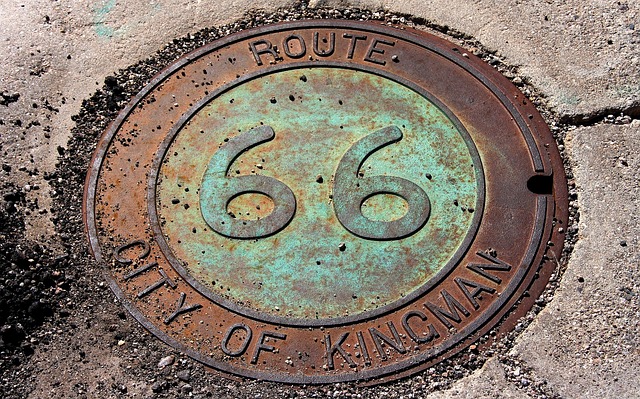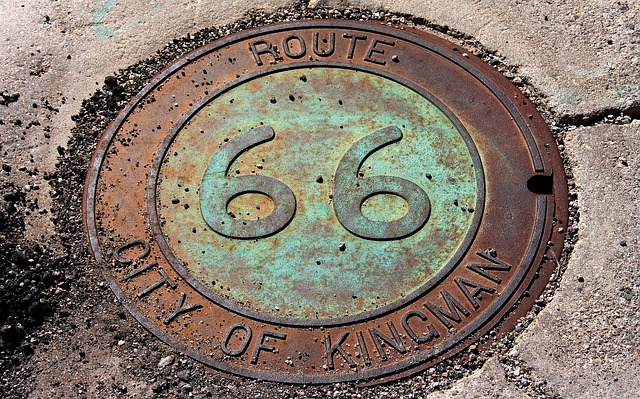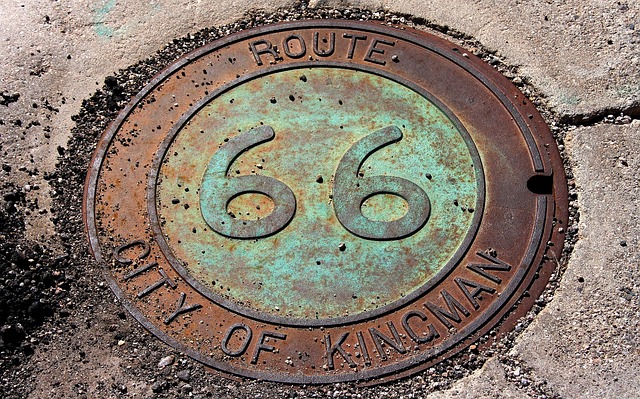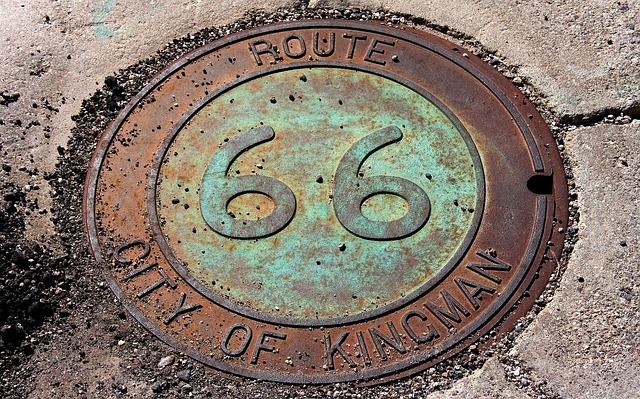In small towns, real estate development should focus on balancing economic growth with preserving local charm. By strategically integrating commercial spaces with residential areas, developers can create inclusive and harmonious environments that enhance community spirit and appeal to investors. This approach ensures that expanding businesses coexist with authentic small-town living, providing improved amenities for locals and unique experiences for outsiders, ultimately benefiting both residents and investors. Community engagement throughout the planning process is key to ensuring successful and sustainable development.
In today’s economic climate, commerce is blossoming in small towns, reshaping landscapes and communities. As urban development enters these tranquil settings, maintaining the cherished small-town friendliness becomes a delicate balance. This article explores strategies for navigating this shift, focusing on real estate practices that preserve local charm while fostering community engagement. We delve into successful urbanization approaches that ensure both thriving businesses and warm hospitality in these once-serene environments, highlighting the key role of responsible development.
Small-Town Real Estate: Preserving Charm While Embracing Growth

In small towns, real estate is more than just buildings and land; it’s about preserving the charm that makes these communities unique while also embracing economic growth. As commerce expands, local developers and residents must work together to ensure that new constructions complement the existing landscape. This balance is crucial for maintaining a friendly atmosphere where neighbors feel connected and investors see potential without sacrificing the town’s distinctive character.
Strategic planning can help guide development, focusing on integrating commercial spaces with residential areas harmoniously. By doing so, small towns can accommodate growing businesses while keeping their charming streetscapes and vibrant community spirit intact. Real estate opportunities in these areas offer a win-win scenario where locals benefit from improved amenities, and outsiders are drawn to the authentic experience of small-town living.
Fostering Community Engagement During Commercial Development

In any commercial development, especially in small towns where community engagement is key, real estate plays a pivotal role. Developers must strive to create spaces that not only cater to business needs but also foster a sense of belonging and enhance local interactions. This can be achieved by designing public areas that encourage social gatherings, integrating retail with residential spaces to promote foot traffic, and ensuring accessibility for all age groups.
Engaging the community from the planning stages can revolutionize how a commercial space is received. Hosting workshops, surveys, and open discussions allows locals to have a say in the development’s direction. This collaborative approach results in a more inclusive environment, where businesses thrive due to the support and participation of their nearby neighbors.
Balancing Urbanization and Local Hospitality: Strategies for Success

As urbanization continues to transform landscapes, small towns face a delicate balance between embracing economic growth and preserving their unique local hospitality. The influx of new businesses and residents can bring much-needed vibrancy but may also strain existing resources and community dynamics. To navigate this change successfully, small-town leaders must strategize how to integrate growing commerce while maintaining the warmth and friendliness that defines their communities.
One approach involves thoughtful real estate planning. This includes zoning regulations that encourage development suitable for both local needs and the preservation of green spaces, ensuring a harmonious blend of commercial hubs and residential areas. Engaging the community in these decisions fosters ownership and supports initiatives to enhance public spaces, cultural events, and infrastructure, thereby attracting new businesses without losing the essence of small-town charm.






